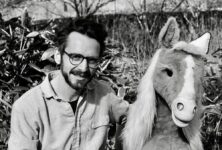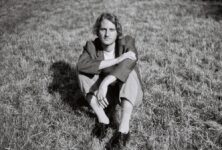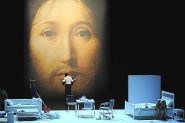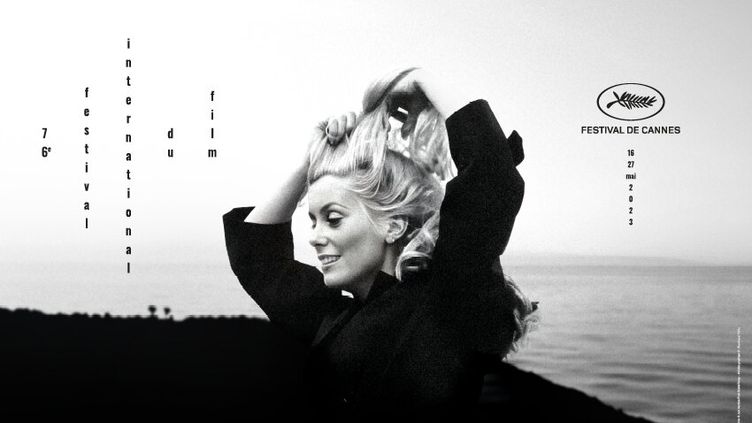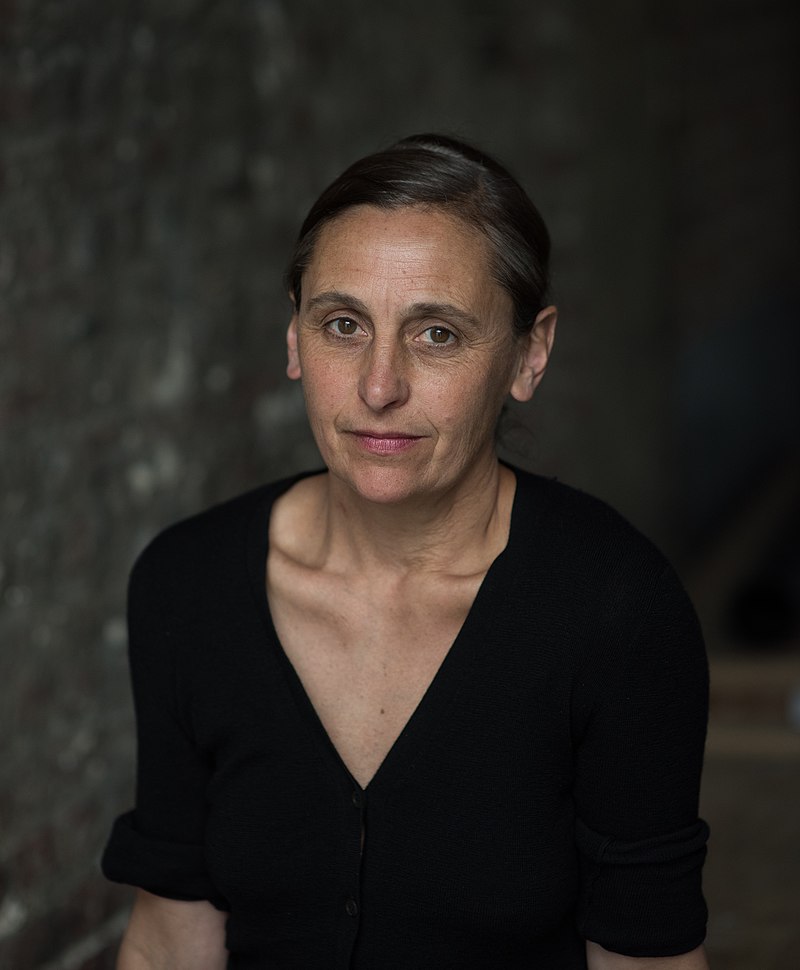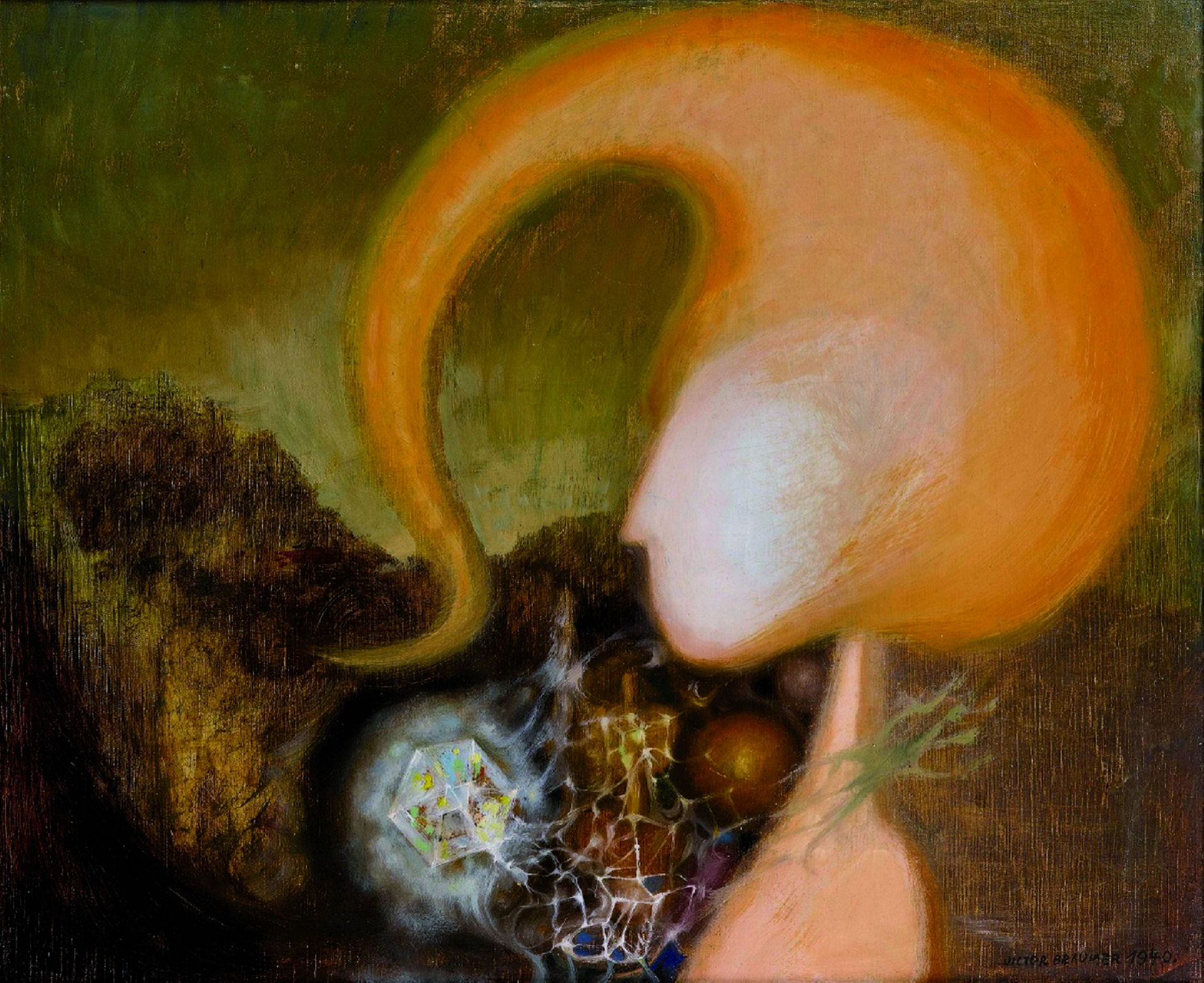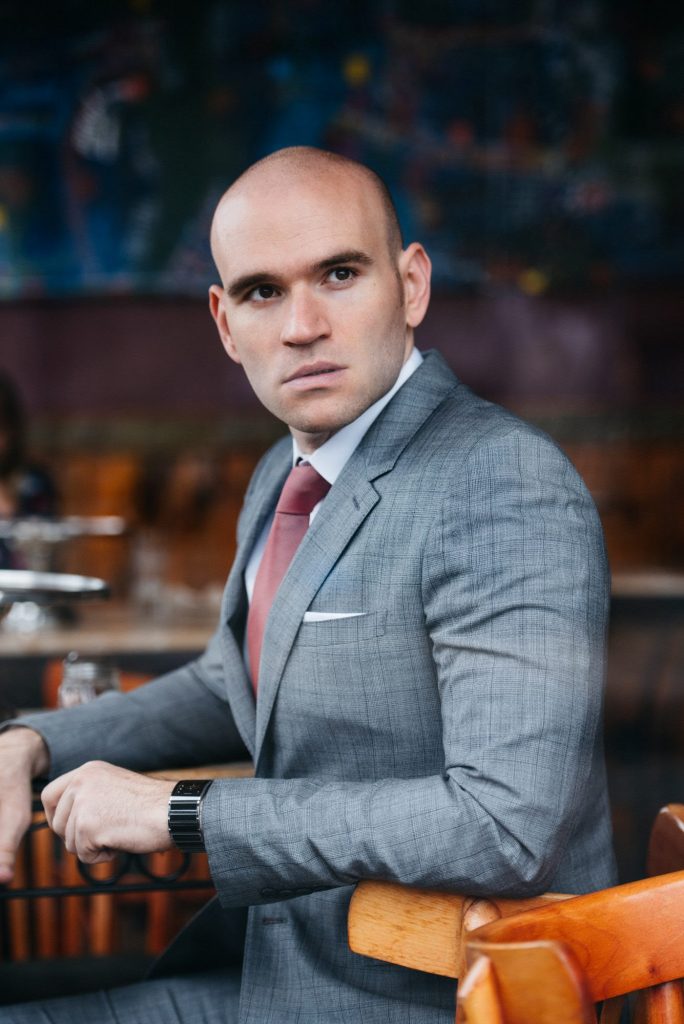
The Opera interview of the week : Michael Fabiano : “It is important for me to map the text”
The American tenor Michael Fabiano took over Don Carlo‘s leading part after Roberto Alagna at the Opera de Paris this 14th of november (see our critique). He met us at the Opera Bastille in the midst of the rehearsal to speak about Don Carlo, his carrer, the Metropolitan Opera, and his first album Verdi-Donizetti (Pentatone, oct 19) with the London Philharmonic Orchestra and Enrique Mazzola. Encounter with a charismatic rising voice.
How is it going with the rehearsal of Don Carlo?
This is different to Roma. Because, I wasn’t even supposed to be performing in Paris, I was singing in the production of Manon at the Metropolitan Opera when Don Carlo started in Paris… Warlikowski, the director, is fantastic, and specific, and energetic, and I understand exactly what he wants. I love specific directors, with a clear vision, and very quick. This Don Carlo he wants me to do is crazy, he is nuts, he is mentally unstable and even suicidal. Exactly how I think of him. So when Warlikoswki asked me : ‘What do you think of Don Carlo?’. I said : ‘I think nuts, he cannot focus on one thing for more than two seconds’. And right away we had an accord, we created a role and we moved very quickly. It didn’t take lots of iterative little steps, because I knew what he needed.
Does the acting have an effect on your singing?
I would say, a good director makes a singer sing better, even though he doesn’t tell him how to sing. Because the good directors get the performer to forget about singing and worry about creating a great character, so the singer is not obsessed about singing. When a director is not good, and do not give a singer much to do, or give a singer stupid things to do, singers are obsessed about singing and paradoxically, the singing is not as good.
How did you prepare for the part. Did you read the Schiller’s play again?
Reading Schiller helps, but it does not always inform. There is a difference between helping and informing. And… for instance, when I did Luisa Miller, I’ve read the play number of times to follow the character very closely. But Don Carlo is severely deformed in Schiller’s play. He is almost more deformed than Rigoletto is in Victor Hugo’s Le roi s’amuse. More important for me, in Verdi, is syntax. In Verdi, we often have lots of texts that look strange, and the combination of word, if you read it straight, often makes no sense. So I’m rewriting 38 words, that straight together, in the proper order, so I properly understand of what’s written. And if I don’t do that, while I’m studying it, I don’t have a complete framework of what I’m singing. Otherwise it just becomes a pastiche words, doesn’t make any sense. I kind of understand what it means but I do not… That’s the kind of work that I do. I rewrite what is actual, contextualize it, and then as I’m singing, I understand it, even though it’s out of order. That’s my mapping. It is important for me to map the text.
In the video presenting your album, you stress the importance of hard work in the life of a singer …
I think what we do sometimes, is undervalued by people but are not on our side of the curtain, for how tough it is to do this job. It is a hard life, it’s a hard job, such a record, significant pieces of music that are recorded is even immeasurably more difficult, because my goal, in a recording is not to just do the notes in the page and sing beautifully, but make sure people hear color, and color changes constantly, and understand why I’m doing that. Because that recording is forever now. In a lot of performances, no one is recording, they just disappear so, but in this case, I wanted to make sure that, in every moment, color changes context, inside of the music. At sometimes of the sacrifice at the best possible singing. That goes against the advice people gave me in the past, which is “go soli for the voice”. Voice voice voice, perfect voice, only ! And my impression that is was ‘logical’ but not ‘Michel Fabiano’. I feel that color and words and the taste of time are more than just an oral sensation or something that people hear. The specificity of my singing is my voice of course, recognizable, but also that I go with words and context, and that’s what I really went for in the album, a 100%.
You were a whole team working on the album, which was recorded with the LSO. How did it go?
First thing is : I believe that every singer is the chairman of their own board. So, in my board, I have a myriad of people that advise me. Few teachers, few coaches, a conductor too that are dear to me, people that work in publicity for me, my management, social media, and business mentors. And I am working with them, I pull them and talk to them about what I’m doing and what works and what doesn’t. Usually my instincts are right, but it’s important to have a view from a panel of people around you. And I think the teamwork makes the institution of singing. I believe supremely on teamwork, even if I’m the one in front on the curtain, I am very fortunate that I have a good team.
Second thing is : I waited to do an album for a long time because I didn’t want to do something that was not serious for my first album. I wanted a great orchestra, a great maestria and record with high class institutions and that is what we did.
Some arias of the album are very well known and have been sung by the greatest voices. How do you sing them with all these voices in our heads?
I don’t have any voices in my head. One of the great lessons I learned early when I was young was from my first teacher, George Shirley, who said to me “Never ever listen to other recordings. Go your own path and create your own way. ” So I have listened and I have an appreciation for great singers. But I don’t believe in over listening or imitating, I do it my way. And in this album, I wanted to show the public certain pieces that deserve to be heard, but don’t get heard. That were written for specific tenors or in specific instances that somehow disappear in the repertoire. Like the ‘Qual sangue sparsi’ (La Forza del Destino) from 1862 that no one sings anymore, but it’s a fantastic score : its dark, it’s scary, its heroic.
And how did you find a rare score like that?
I’m a nerd so I have a lot of different scores at home. I have the St Petersburg Forza del Destino score and I’ve always seen this version and the score and I always looked at it. So I knew it but I never had heard it so. I just studied it at home and put it together and realized it existed. And then I watched a full version of the opera at the Mariinsky 15 years ago on TV and saw it in the context of the opera and said ‘I want to do this on my album.’
Could you come back to how you knew you would become a tenor and why?
When I went to university, my intention was to go into business school. And in America it is a different system than it is in Europe. You don’t have the opportunity to study business immediately, you take what we call a ‘liberal arts degree’. And then for masters the next degree is business. So my goal was to do just that, economic studies leading to a Masters in business and then go on to work for some sort of company. When I applied to universities, I did get into a university called the University of Michigan. In my package to the university i submitted a lose CD with me singing. I hadn’t done that anywhere else, I don’t know why I did it in this case.
When did you start singing?
When I was in high school. People said I had a good voice, so I just used that as a tool to get accepted into college. And the reality was that they took the CD and sent it to the music school and the music school accepted me hearing this CD that I had no plans going to the music school in. I would’ve had to audition.
And what was your first very important role?
None. Because I realized that I really loved opera when I first watched some operas on DVD. I was 18, I was sick in bed, my mother bought DVDs for me to watch, I realized I love this and that was it. I realized that was what I wanted to do. And then everything that I sang from then on was important. And then I sang lots of things when I was in university and made it into a career by 20.
And then you won two very important prizes in the United States, how did that help you to advance in your career and do what you wanted to do?
Limited. I think it’s important for the American audience to know that I won them, and it gave me some income. Prizes are more about money than they are about anything else, and a little bit about prestige. They don’t necessarily amplify a career. Careers are built by doing successfully on stage.
Can you explain your project and commitment in Artsmart?
Of course. I started four years ago. Largely because years before that, I started a technology company that I built myself. And what I built was a mobile application for artists to find last minute jobs, because I felt like artists needed a better alternative to getting access to engagements without having an agent. There was so many cases where I as a young person would go on craigslist or go look on boards in opera houses and look for last minute jobs or sing at a wedding… I did it myself and that’s how I made a lot of money, a lot meaning $75 on a weekend, when I was young… So I built the company, which costed a lot of my own capital. I had a team of 10 people working for me, we beta-tested it in bog proportions with many artists and many organizations participating in the test and it worked. When I put it live, my engineers suddenly asked for more than double of the salary that I had been giving them and I had not raised enough capital to support that. So, I made the very tough decision to return the capital to my investors and close it instead of letting it go live…
And you transformed it in a music platform?
I sat down with my friend and I asked myself : ‘Why did I build this company? It wasn’t for money, it wasn’t for fame, it wasn’t any of those reasons’. It was because I felt that artists are not receiving the full slate of dignity in the hard work and study that they’d been pursuing, and I wanted to affirm that for them. So what else could I do in place of technology? And I realized that a lot of artists are talented teachers who can help young people. So I went out and raised some money to support artists to teach kids in underserved communities. We tested it in one city, in a very poor school with no music, where there was gun violence, where some of my students have no parents, where they lived in foster homes, and we realized fairly quickly that it was highly successful. We were seeing children after one year have grades that were measurably better, our teachers felt more empowered, they were being paid well, I was paying them well, better than the average teaching rate for instance. That was also why I did it so teachers would get paid well. So, we have subsequently grown it this year and by May we will have taught 30 thousand free lessons to children in the United States, which is quite a big number. I believe in meritocracy; I believe that you have to earn your spot and continue to prove your right to have your spot. So, I make every student audition, every year.
Do you already have in mind the second album?
Of course. But I’m not telling you, I can’t tell you! It’s a surprise, and it’s going to be done soon.
visuel (c) Jiyang Chen






